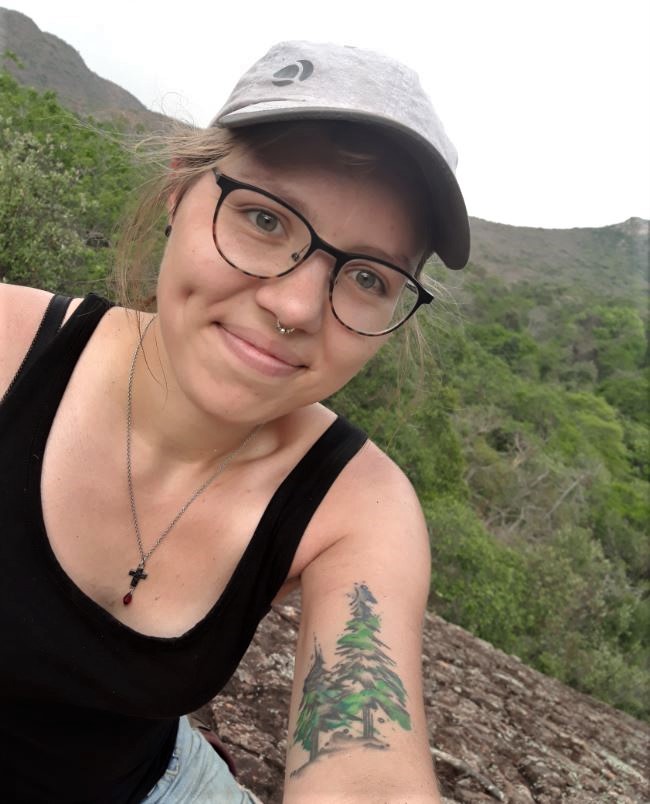
Antonia Hammer
Applied Zoology and Nature Conservation
Soldmannstr. 14
17489 Greifswald
Tel.: +49 (0)3834 420-4353
Fax: +49 (0)3834 420-4252
Research Interests
Range expansion and dispersal in lesser horseshoe bats (Rhinolophus hipposideros)
This PhD project is embedded in the framework of the RESPONSE Research Training Group which investigates biological responses of different taxa to rapidly changing environmental conditions. Besides phenotypic plasticity and genetic adaptation to (anthropogenically-induced) environmental changes, e.g. global warming, the possibility of range shift is particularly interesting in R. hipposideros. Indeed, a northward progression of this species has been predicted in various climate change models. However, little is known about the actual mechanisms behind the dispersal and colonization mechanisms in this species that lead to range expansion. R. hipposideros has suffered large losses in population size in the mid-20th century, due to several reasons such as loss of roosts, habitat destruction and fragmentation, intensified agriculture and intensified use of insecticides and wood preserver. Nowadays, the situation for the lesser horseshoe bat has improved and population sizes in Thuringia are increasing, with previously used habitat being re-colonized. Still, this species is endangered in Germany, and therefore under legal protection and of special conservation concern.
The overall aim of this research project is to use already obtained and new data (e.g. genetic data from faeces sampling, acoustic monitoring) to shine a light on how colonies of R. hipposideros form and how range expansion proceeds. Additionally, the data will then be used to generate species-specific models on range-expansion, dispersal and colonization of new habitats to predict lesser-horseshoe bat distribution and plan conservation measures effectively.
During my master’s thesis, I already gained experience in working with bats (mostly via echolocation call analysis) while comparing bat activity and diversity between a protected nature reserve and intensively managed macadamia plantations in South Africa. Therefore, I am glad to combine my interests in the ecology of bats and wildlife conservation to work on this future-oriented research project.
Publications
Weier, S. M., Linden, V. M., Hammer, A., Grass, I., Tscharntke, T., & Taylor, P. J. (2021). Bat guilds respond differently to habitat loss and fragmentation at different scales in macadamia orchards in South Africa. Agriculture, Ecosystems & Environment, 320, 107588.
